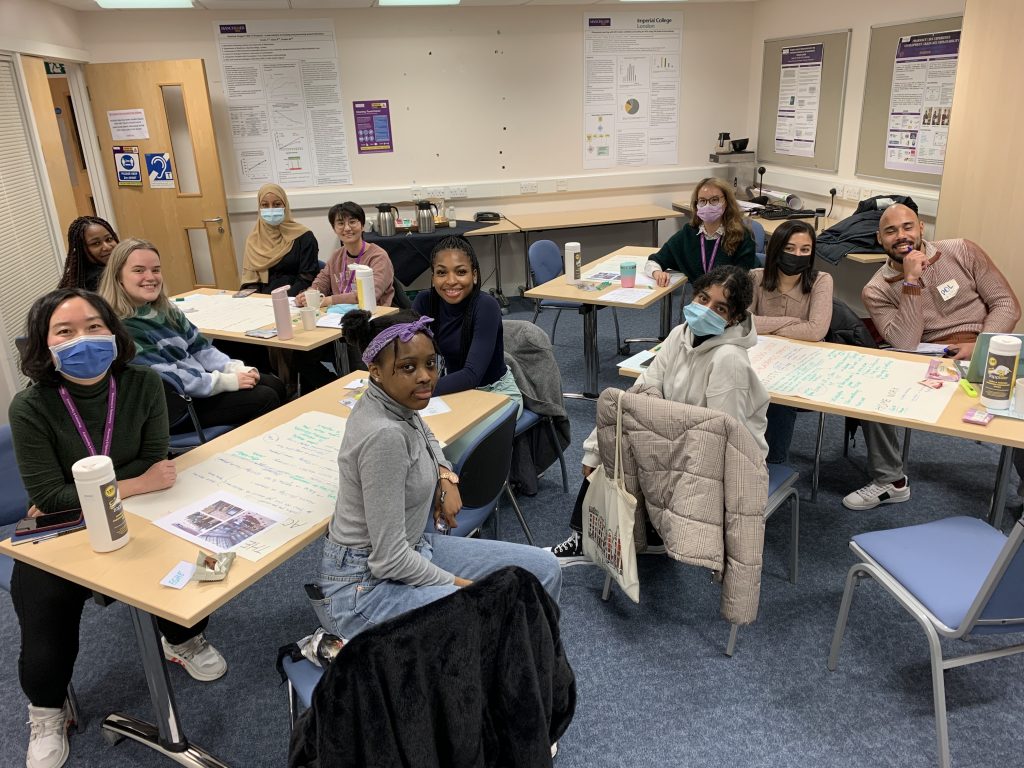
Incorporating students’ voices
I am an alumnus of the Manchester MPharm programme. In the final year of my MPharm, I was involved in a research project evaluating an International Student Experience Programme (ISEP) launched in October 2021 to support and help students from China Pharmaceutical University (CPU) transit to the United Kingdom (UK). The ISEP consisted of six online peer-mentoring meetings within the term time of an academic year.
Since its launch, we have received tremendous positive feedback from student mentees. To make it more student-led and peer-friendly, our programme lead (Dr Li-Chia Chen) and the programme manager (Ms Selena Tai) organised a co-design workshop on 11th February 2022 to get student mentors involved in designing the sessions of ISEP. Ten student mentors voluntarily participated and were grouped with 3-4 people per group.
Four themes were discussed, including teaching and learning styles, health and well-being, pharmacist profession and career aspiration, and the peer-mentoring programme evaluation. Each group focused on one topic at a time, brainstormed possible ideas and wrote them down on a flipchart paper. Each flipchart paper was then rotated and passed to the different groups for further discussion.
Student mentors also identified differences between China and the UK regarding these four topics. For example, they were aware that China does not have a well-established primary care system, so they could elaborate more to CPU students about the healthcare system in the UK. Two PGR researchers from China also shared that China’s educational system and learning styles are quite different from that of the UK.
For example, Chinese students usually have a busier study schedule (from 8 am to 7 pm) and a higher intensive workload. Most of them are conservative and shy to express themselves, making them tend to observe and listen more rather than participate in the discussion. While in the UK, there are more one-on-one support, drop-in sessions, and face-to-face seminars and workshops.
All these variations were helpful to both mentors and mentees to know more about each other so that their engagement would be more effective. I was thrilled to participate and contribute to the discussion, which helped to design an inclusive and relevant programme to support international students.

Pol Donald Nkana Nkana, MPharm alumnus, Pre-registration Trainee Pharmacist at Cohens Chemist






0 Comments